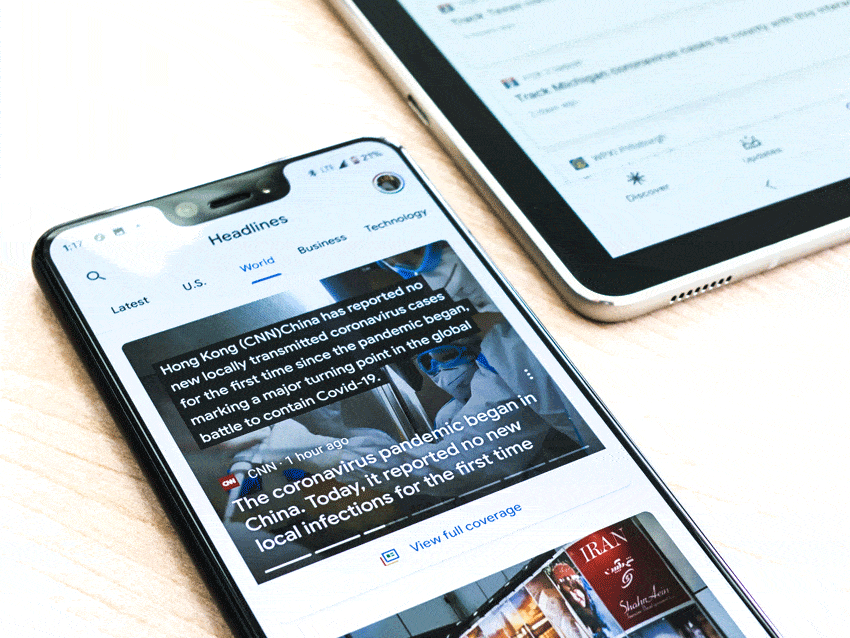
When I drive the kids to school in the morning, I have some choices:
I can turn on classical music, which I enjoy but they do not, but which I keep telling myself they will grow to appreciate if I keep exposing them to it. I can turn on a rock station which we all enjoy but may be a bit too much in the morning. I can let them play their own music, which is uniformly dreadful. I can keep the radio off, and just let them yammer and quibble and drive me mad. Or, I can turn on the news.
It’s always a risky choice. We may end up hearing a neat, entertaining story like this one about long-lost wax cylinders; or at very least, they may be passively gleaning some awareness of the world around them, which is a good thing.
When I was young, I liked the news just because I liked hearing different accents from around the world. But of course current events are mostly not kid-friendly, and pretty often I have to quickly change the channel because there’s a story about something kids don’t need to know about — or it’s presented in a way that is antithetical to our worldview, but it’s too hard to give a cogent counterargument while we’re driving along making five different stops.
And then sometimes the news is just . . . too real. It’s too real to be entertainment, and I have to admit that that’s how I’m using it. I’m using a flow of information about the lives (and often the deaths) of real people as a kind of auditory wallpaper to make a pleasing background for our own life, and we chatter over it as we will, no matter what kind of thing is being reported. This is something to think twice about — not only when I’m choosing what to expose my kids to, but when I’m choosing what I listen to, myself.

News isn’t entertainment. When we treat it like it is — keeping it on constantly, having it on when we’re not really attending to it, hearing the same stories repeated endlessly throughout the day — we run the risk of trivialising the things that are being reported. It’s almost inevitable. We’re training ourselves to hear words like “mass shootings” and “atrocities” and “famine” and “sexual assault” and not blink an eye, but just continue buttering our toast or flipping through Twitter or updating our spreadsheets.
It has a second effect, too, because we can’t tune it out entirely: Even if we don’t listen to some hyperpartisan purveryer of shock headlines, but instead choose some mainstream, middle-of-the-road objective reporting source, some of the emotional content of the news will filter into our consciousness. And it will make us feel bad.
It will feed our anxiety, our dread, our sense of helplessness and rage and doom. It will give us the sensation that the enemy is outside the walls, and we can just barely hear its dull roar as we go about our day.
So it’s really the worst of both worlds: We’re simultaneously deadening our sense of empathy, and heightening our sense of personal grievance.
There is a lot amiss in the world, but one thing we can easily change right away is to change how we consume the news.
No wonder people are at each other’s throats when they actually meet in person. We feel like we’re in constant danger, and we feel like no one else is completely human. A guaranteed recipe for conflict, if not outright violence.
There is a lot amiss in the world, but one thing we can easily change right away is to change how we consume the news. If we want to know what’s going on in the world — and we should! It’s important — we can find that out deliberately, in a limited, controlled fashion, once or twice or three times a day.
It won’t be easy. We’re very used to the idea that the news is just on, all the time. It’s everywhere, in waiting rooms and lobbies and on all of our phones and computers and social media feeds, always. It’s hard to get away from. But we may be more in control of it than we realise. We may be able to limit it, and be more deliberate about when we consume it, than we want to admit.
We don’t have to become hermits or live in stony silence. We can listen to music. Listen to someone explain music. Listen to podcasts. Listen to stories. Listen to audiobooks. Listen to interviews with interesting, knowledgeable people. Listen to wild birdsong.
Make the choice to nourish our humanity, rather than eroding it with a constant stream of news-as-entertainment. Because we really have to acknowledge that that stream is not making us more informed. It is one of the things making us less human.
Related:
